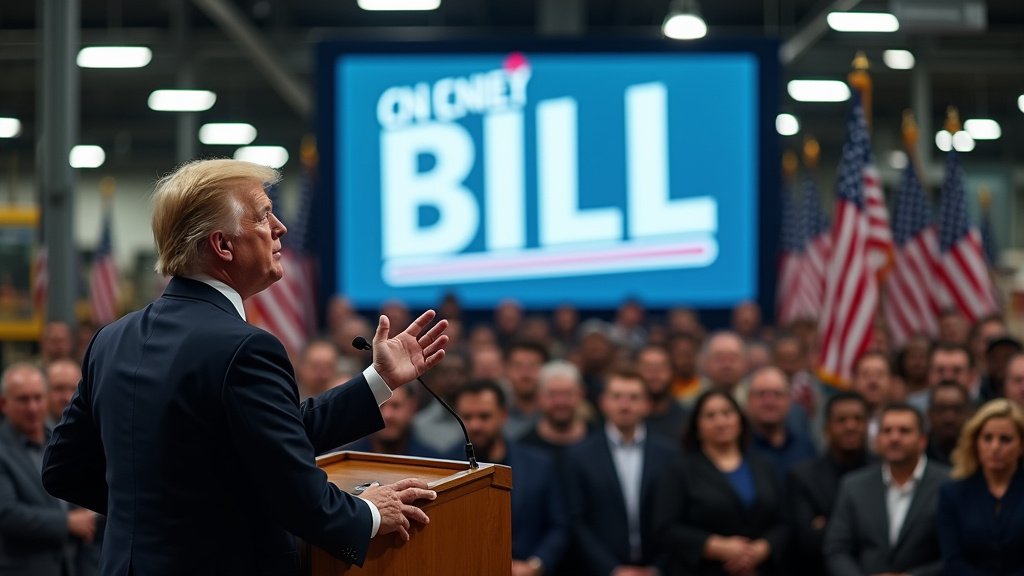International Focus Shifts as Major Developments Span Trade, Geopolitics, and Humanitarian Crises
The global landscape presents a complex mosaic of interconnected events this June 30, 2025, as key nations navigate crucial negotiations, escalating tensions, and pressing domestic emergencies. From strategic trade maneuvers between North American allies to persistent geopolitical standoffs in the Middle East and the tragic human cost of natural disasters in South Asia, world leaders and policymakers are confronting a diverse array of challenges.
Canada-US Trade Negotiations Revived
In a significant move aimed at clearing the path for renewed trade discussions with the United States, Canada has officially rescinded its digital services tax (DST). This decision, confirmed today, signals a commitment from Ottawa to address a major point of contention that had stalled progress between the two neighboring economic powerhouses. The rescission is designed to facilitate the resumption of broader trade negotiations, with both sides now targeting the finalization of a comprehensive trade deal by July 21, 2025. This ambitious timeline was initially established during the recent G7 Leaders’ Summit held in Kananaskis, underscoring the high-level political will behind resolving outstanding trade issues.
Canadian Prime Minister Mark Carney issued a statement regarding the rescission of the DST, emphasizing Canada’s desire to foster a predictable and mutually beneficial trade environment with its largest trading partner. The decision is expected to be positively received in Washington, removing a key obstacle that had drawn sharp criticism from U.S. officials and industry groups.
Iran Responds to US Military Action
Geopolitical tensions remain a focal point in the Middle East, where Iran’s supreme leader, Ayatollah Ali Khamenei, has publicly addressed the impact of recent American military strikes on Iranian nuclear sites. In a statement conveyed via his official X account, Ayatollah Khamenei disputed the effectiveness of the U.S. actions. He asserted that U.S. President Donald Trump had exaggerated the results of these strikes, claiming they yielded “no significant results.”
This public dismissal from Iran’s highest authority contrasts sharply with potential U.S. assessments of the strikes and highlights the ongoing narrative conflict between Washington and Tehran. The exchange underscores the delicate and often confrontational dynamic governing relations between the two nations amid persistent concerns over Iran’s nuclear program and regional activities.
Trump Issues Warning to NYC Mayoral Candidate
Domestic political developments in the United States also captured attention today. U.S. President Donald Trump issued a stark warning to New York Democratic mayoral nominee Zohran Mamdani. President Trump indicated that federal funding for New York City could be withheld if Mr. Mamdani does not, in the President’s words, “act appropriately.” The context and specific actions deemed “appropriate” were not immediately detailed, but the warning signals a potential point of friction between the federal administration and local leadership in one of the nation’s largest cities should Mr. Mamdani be elected.
Such threats to leverage federal funding have been a recurring tactic in U.S. political discourse, often raising questions about the relationship between federal oversight and local governance.
Deadly Monsoon Rains Hit Pakistan
In South Asia, Pakistan is grappling with the early and devastating effects of the monsoon season. According to figures released by the National Disaster Management Authority (NDMA), at least 38 people have tragically died and 63 others have sustained injuries across the country due to rain-related incidents since the monsoon season commenced on June 26. The incidents reported include structural collapses, flash floods, and landslides, affecting communities in various provinces.
The NDMA’s report underscores the significant humanitarian challenge posed by the annual monsoon rains, which frequently trigger widespread destruction and displacement. Authorities are mobilizing resources to provide aid and manage the unfolding crisis, though the full extent of the damage is still being assessed.
New Gaza Ceasefire Proposal Circulates
Efforts to de-escalate the humanitarian crisis and conflict in Gaza are reportedly continuing. Egypt’s foreign minister is actively working on a new proposal aimed at brokering a pause in hostilities. Reports indicate that the proposed framework includes a 60-day ceasefire between warring parties. Beyond the immediate cessation of violence, the proposal is understood to aim for the release of some Israeli hostages currently held in the territory, as well as a significant increase in the volume of humanitarian aid permitted to enter Gaza. Diplomatic sources suggest discussions are ongoing, highlighting the sustained international focus on finding a pathway to stability and aid delivery in the besieged enclave.
TikTok Purchase Discussions Emerge
Separately, U.S. President Donald Trump also commented today on the potential future of the popular social media platform TikTok. He mentioned that a group of wealthy individuals has expressed an intention to purchase the application. President Trump noted that any such transaction would be contingent on securing approval from the Chinese government, given TikTok’s ownership structure. The potential sale of TikTok has been a subject of intense scrutiny and political debate in the U.S. and elsewhere, driven by national security concerns related to data privacy and potential foreign influence.









